A blank canvas
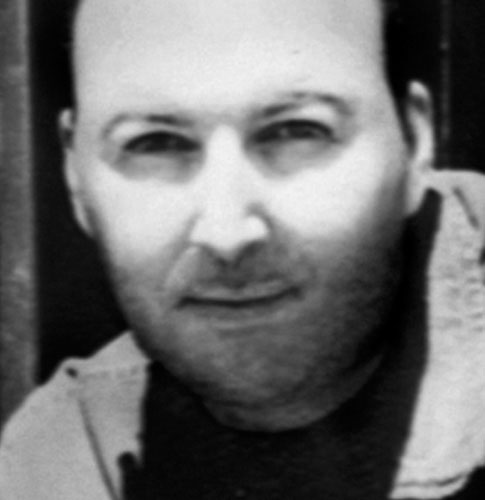
Creativity is total freedom. It is unfettered imagination and endless wonder in the world. It is our natural curiosity, driven by boundless optimism. Above all, it is the simple pleasure of opening your mind up to the possibility of play – be it with an idea, a tradition or a place. Everyone is creative if they free themselves from self-censorship. We need to rediscover the confidence that we have as children to see the world through our own eyes, without the grey filter of social expectations or personal doubt. People are so quick to discard ideas they think are silly or daft. They are the best ones, let them out. And the best way to sustain creative thinking is through play – finding wonder again in the seemingly mundane.
Andrew Shoben, Greyworld
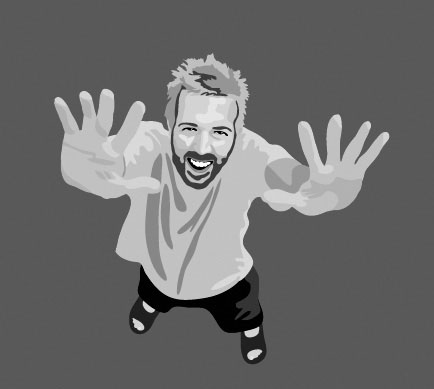
Creativity is a fickle mistress but, when she’s around, everything gets that little bit more exciting and fun. My tips for getting things going? Be random in your approach to projects, as the strangest and most unlikely things can be a source of inspiration. Make room in your life for creativity to emerge – it won’t happen if you’re overworked, rushed or panicked. Don’t be selfish, but instead share your creative energy around and get other people in on the act with you. And, finally, if it ain’t happening, don’t force it – do something else for a bit. Deadline? Shmeadline.
Fred Deakin, Airside
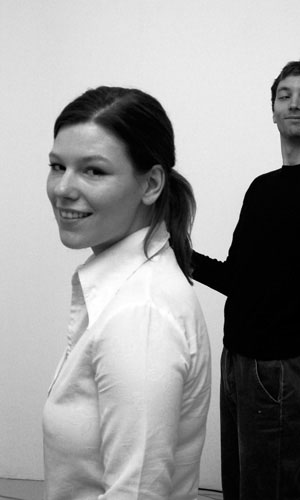
Creativity is about thinking laterally and making new connections. It is about challenging the existing and about reinterpreting the past. Knowledge, persistence, play and willingness to take risks are essential. There is no magic or universal formula, no process to be repeated and no guarantee of success. Working in a multidisciplinary, multicultural team nurtures curiosity and interest about different ways of looking at the same issue. Learning to trust and channel your instincts enables you to keep close to what truly inspires you and prevents you from being distracted by trends. Taking time to do nothing, to dream and wander without defined purpose, creates the peace of mind that enables you to notice, catch and form the ideas that surround you.
Eva Rucki, Troika
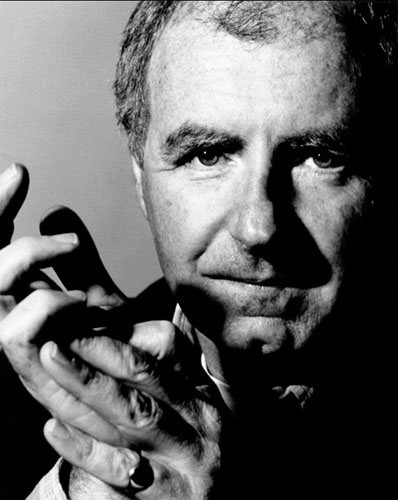
Creativity is a God-given state of mind. It is a very precious gift. It comes from a curiosity and openness to all things – whether they be between the pages of a book, a moment in a movie or play or a piece of music that transports you to another place. It’s like seeing pictures in the clouds or listening to the wind ruffling through autumn trees. It is being in touch with your inner self, letting your intuition take you to places where you look beyond the obvious. It is being sympathetic to those around you, living in the here and now. And, above all, it is an enthusiasm for life.
Mike Dempsey, CDT Design and master of the faculty of Royal Designers for Industry
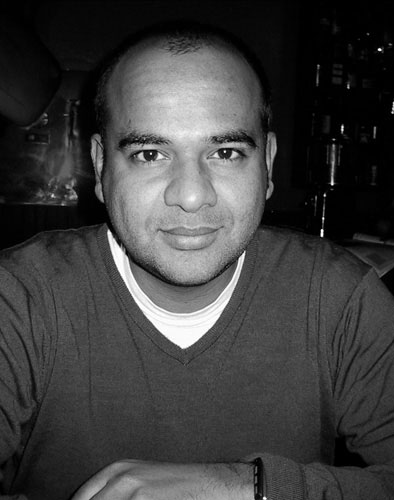
Aside from allowing yourself standard-issue time and space to think creatively, I strongly believe that ideas come from exposing yourself to unusual circumstances and challenging experiences. It’s important to put the effort in to step outside of your comfort zone. To be sustained, creativity needs constant nurturing through consistent investment of time and thought, and a strong platform of understanding. This investment is hard to come by, so addressing real business issues using these creative principles provides the momentum and ongoing resources to develop meaningful and, innovative research and development. This, in turn, fuels great new ideas and original thinking. This attracts the remaining key ingredient for creative sustainability – talent. Nothing more, nothing less.
Daljit Singh, Digit
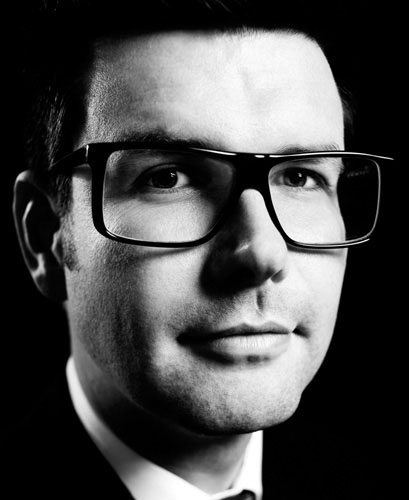
Creativity is something someone didn’t see coming. Creativity is that thing that keeps you awake all night, that gives you a tingle, turns your hair grey and makes you cry. It’s the thing that means you’re never satisfied, that makes you work all night and makes your heart beat ten times faster. Ideas come from the way we lead our lives. Inspiration comes from keeping an open mind. We are shaped by our environments and experiences, our creativity is influenced by what we’ve seen, listened to, been affected by, where we’ve travelled, who we’ve kissed and what we’ve danced to.
Simon Manchipp, Someone
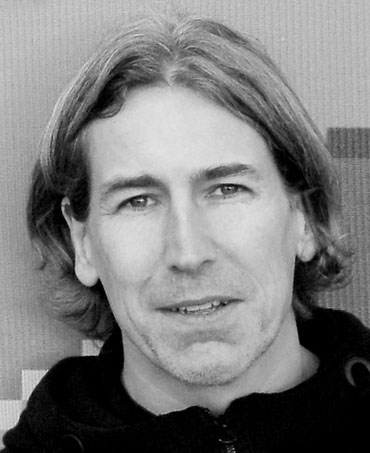
Creativity is the ongoing conceptual thinking that moves the sensible, problem-solving solution beyond the efficient to the realm of the special. Sustain it by asking questions of the project, however awkward or obvious the answers may seem. Assume nothing and don’t sweat on it. I let the gathered information hang in my head while distracting myself with music.
Jeremy Leslie, John Brown Publishing
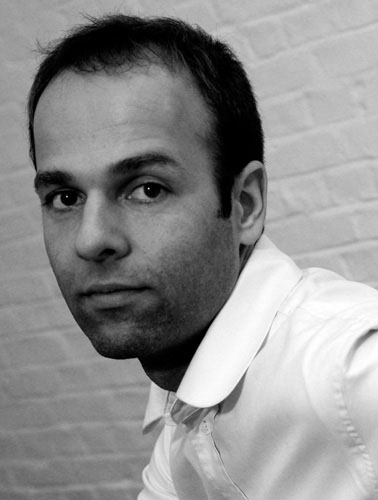
A stand-up comedian once suggested we all had a ‘funny’ muscle in our heads, but he simply trained it harder than others did. I like that thought. It applies to creativity, too. Anyone can have great ideas, but, as a professional, you have to generate them when you’re under pressure, again and again. I firmly believe that the best ideas come from understanding – understanding the client, the problem and the audience. I find that the longer we work with a client, the better our work gets. When you can define what’s special about a problem, creativity is just about finding the most appropriate way to present your solution.
Gilmar Wendt, SAS
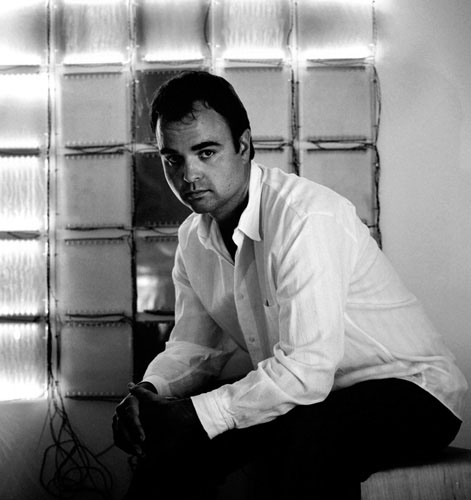
For me, creativity is the act of being creative. It is making things, prototyping and being innovative and striving continually for a new solution. To sustain creativity you have to be able to keep the ball floating in the air. I don’t pigeon-hole what I do because it is always changing. This maintains an innovative, creative edge and means I continually have to redefine what I do, which in itself is hard to grasp, but it is also a key characteristic of a creative mind.
Jason Bruges, Jason Bruges Studio
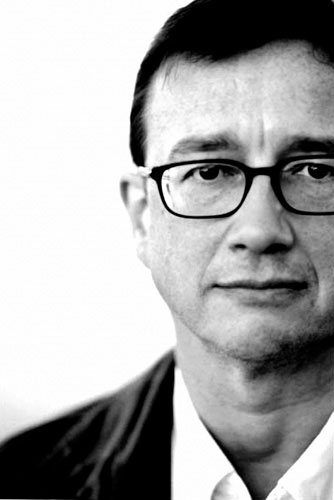
The dictionary defines creativity as, ‘the use of the imagination or original ideas, especially in the production of an artistic work’. I disagree and believe that creativity does not necessarily need to be ‘artistic’ and that, historically, scientists, engineers, and entrepreneurs are all capable of delivering significant creativity. Albert Einstein, Isambard K Brunel [and dare I say it] my father, demonstrate this quite effectively. And there are plenty more examples. For instance, what is more creative: inventing the paperclip, or innovating the new Labour ad campaign? Or even, what is the most creative aspect of an Apple computer or a Dyson vacuum cleaner: the appearance, the engineering, or the business behind the design? The answer is that – to deliver real success – they all need to be. My plea is for someone truly creative in our profession to harness their imagination and innovate a phrase that more accurately distinguishes what our collective talent is best called. And if we cannot, we don’t deserve to be called creative anyway.
Sebastian Conran, Conran and Partners
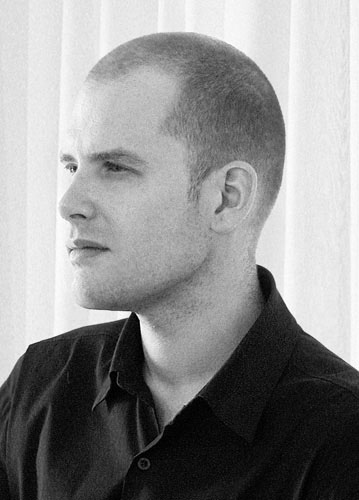
In a saturated cultural environment, the scope for genuine creativity can seem slim. It is certainly possible to be creative while only referencing or refining work from the past. However, for me, the greatest acts of creativity remain those that are truly innovative. To sustain that sort of activity, there first needs to be a requirement for originality – which means satisfying the individual demands of a project, or it can refer to the need to rethink a problem in the light of issues such as climate change. It is then a question of keeping the mind and eye open to as wide a range of sources as possible, as well nurturing moments of pure inspiration.
Oliver Salway, Softroom
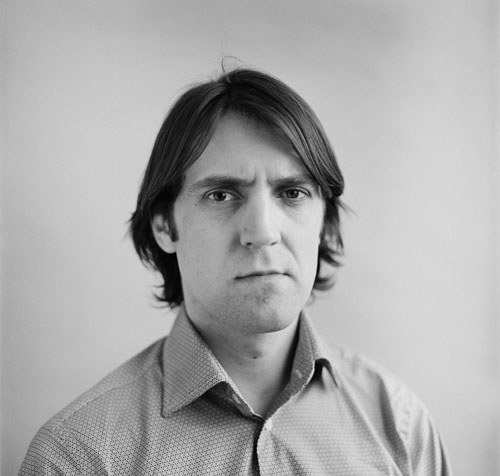
Creativity is difficult to define, but, for us, the crystallisation of a problem into a solution is the moment when creativity happens – the hard bit is getting to that point. Our approach is quite rational. We are happy to work within the the parameters of a clear brief – if it’s not clear, we will rewrite it on the client’s behalf. Then, within these limitations, we can set ourselves goals and start to explore the potential of the project – it’s at this point that, with a bit of lateral thinking, you can arrive at an unexpected outcome that still meets the criteria of the original brief. How do we sustain creativity? Easy – with enthusiasm and optimism.
Tim Beard, Bibliotheque
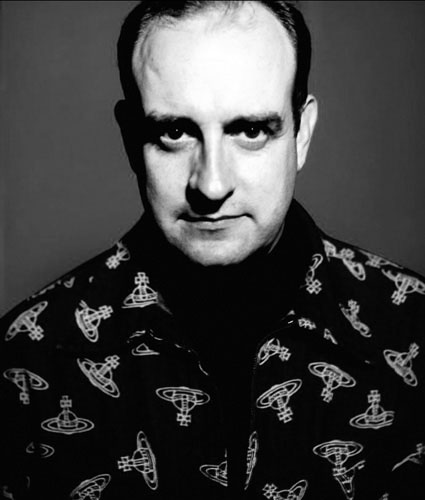
For me, creativity – like inspiration – is something that seems to just happen. And quite randomly at that. It is often triggered through desperation, by having to find a solution with a deadline looming. More often than not a ‘solution’ comes from seeing or doing something which, on the face of it, is entirely unconnected to any problem, but which prompts some bizarre train of thought that spirals onwards to some hitherto unforeseen conclusion. I don’t believe that anything is ever ‘new’ and I don’t believe in divine inspiration. My idea of ‘new’ is always a modification or rearrangement of known components, the result of which adds another, fresh, component, itself destined to become one more reference point for later. Early in my career, I was concerned about not having any more ideas, but eventually I realised that, somehow, they keep coming, and I learned to live with the sense of panic when confronted with a problem yet to be solved. Happily, I have learned to stop worrying and (almost) love that feeling of blank empty space before me. I don’t know whether that’s creativity or not, but it is all I have got.
Malolm Garrett, AIG London

Although we can all be creative, real creativity is when ideas go further, when we surpass expectations and new vistas of possibility are opened up, beyond what was asked for or anticipated. Creativity needs space, time, confidence, inspiration, people, insight into reality plus tangible outcomes. Creativity needs to be delivered or it withers away.
Clive Grinyer, Orange

What we’re all looking for is the one-off, nerve-hitting idea. Collect a load of stuff together and shake it about until a simple idea drops out. It’s probably what experts would call ‘analysis, synthesis and solution’. Every design brief involves such a different set of ingredients that an answer seems impossible. Asking questions and collecting information produces a raft of jumbled thoughts. A walk round the block straightens them out into an interesting solution. No job is ever the same twice, what sustains the process is the thought, ‘What if I can’t do it again?’.
Brian Webb, Webb and Webb

For us at Studio Egret West, creativity is exemplified by the difference between discovering and knowing. If you know the answer to a design issue, the discovery process has not taken place and we have gone on automatic pilot to reach our solution. We avoid this by giving ourselves the time to ask a few questions, to test a few ideas and to push ourselves towards less obvious options. The creative pleasure comes when we make something original that works.
Christophe Egret, Studio Egret West

Creativity is a mind-bending human experience. It is personal, emotional, confusing, frustrating, challenging, exciting and fun. Creativity, in my world, is about problem-solving, so we ask lots of questions, we examine the norm, we look for inspiration from the past, present, anywhere. But if we don’t ask the right questions, and are not absolutely clear in what we are trying to solve, then insecurity, doubt, even panic can set in. But when everything clicks and we find that original solution the high is worth every second of agonising torment that precedes it. How do you manage to sustain it in others? At the risk of sounding like a drug pusher, help them to experience that perfect moment just once. From then on, they will be hooked.
Greg Quinton, The Partners
-
Post a comment




